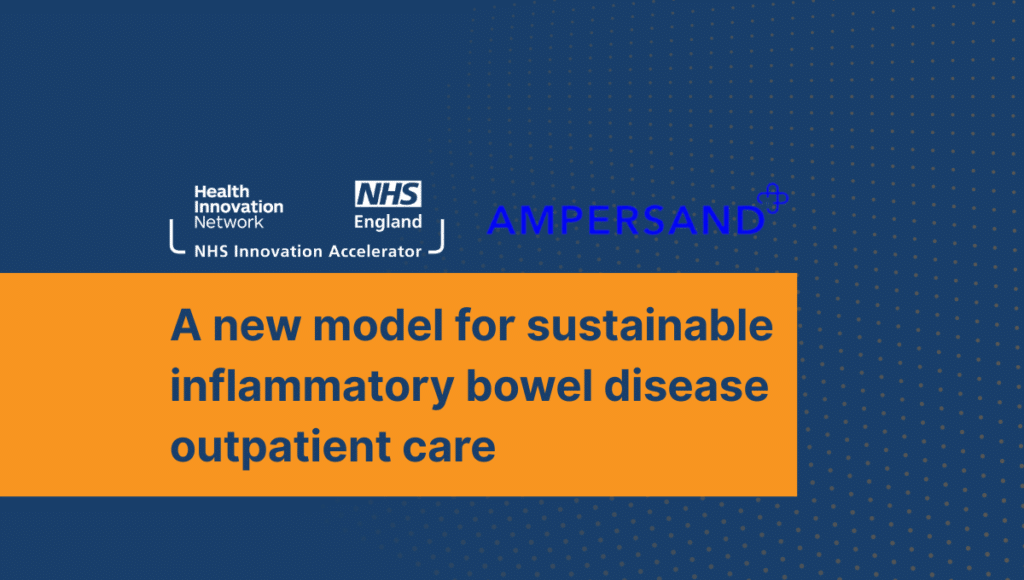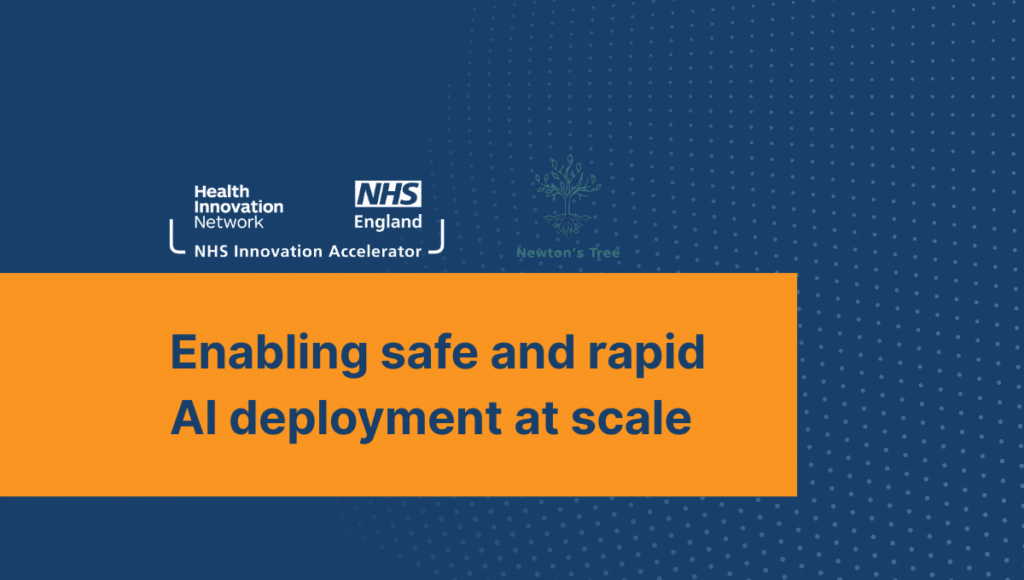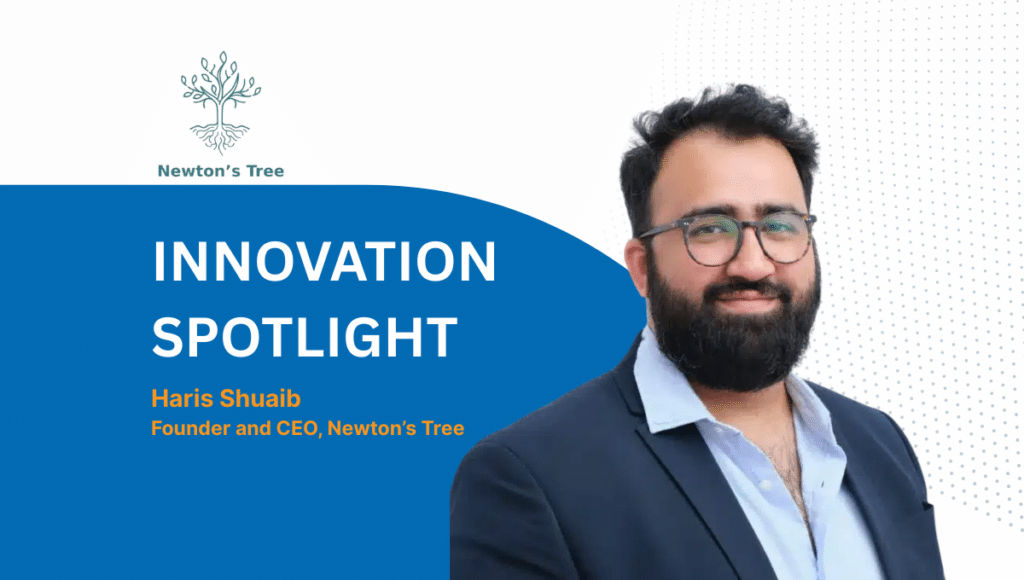Daye diagnostic tampon: Revolutionising cervical screening from the comfort of home
Find out how Daye is helping to close one of the most persistent gaps in women’s health and how being a Fellow has helped achieve this.
Cervical cancer is one of the most preventable cancers. Despite this, participation in screening programmes remains below NHS targets and incidence is rising among women in their 30s and 40s. Barriers such as discomfort, privacy concerns, and accessibility continue to exclude many women from timely testing. Daye is changing this narrative with the world’s first at-home, tampon-based HPV screening tool, designed to make cervical screening as simple, private, and comfortable as using a product millions of women already trust.
What is the Daye Diagnostic Tampon and what problem does it solve?
The Diagnostic Tampon integrates qPCR-based diagnostics into a familiar, trusted product, enabling accurate HPV testing in the privacy of home. Randomised controlled trials have shown that the tampon achieves sensitivity and specificity comparable to clinician-collected samples and outperforms traditional self-swabs.
By reducing barriers to screening, the tampon opens access to underserved groups, including sexual assault survivors, perimenopausal and menopausal patients, and women from minority ethnic backgrounds. For the NHS, this means tackling one of the most persistent gaps in women’s health – low screening uptake – and contributing to the long-term goal of eradicating cervical cancer.
What was your inspiration and motivation?
Daye was born from a conviction that women’s health deserves the same level of innovation and investment as any other area of medicine.
“For too long, gynaecological care has relied on outdated and often uncomfortable methods. The inspiration for the Diagnostic Tampon came from asking a simple but disruptive question: why are we still relying on speculums and swabs, when a tampon – a product that is already trusted and widely used – could be transformed into a reliable diagnostic tool?”
Valentina Milanova, Founder and CEO of Daye
Every day, the team is driven by the knowledge that cervical cancer continues to claim lives not because it is untreatable, but because too many women cannot or do not access screening.
Why did you become a Fellow?
Joining the NHS Innovation Accelerator (NIA) is both an honour and a responsibility. For Daye, the fellowship offers a platform to align the innovation with national priorities, from eliminating cervical cancer and reducing health inequalities to supporting NHS Net Zero initiatives.
“The NIA allows us to generate robust real-world evidence, pilot at scale with NHS partners, and build the collaborations necessary to embed tampon-based diagnostics into the health system. It is a recognition that innovation in women’s health is not a luxury, but a national priority.”
The fellowship also connects Daye to a network of innovators and mentors, providing guidance and a system-wide platform to accelerate impact.
Looking ahead
The vision for Daye is ambitious: nationwide adoption of tampon-based HPV screening integrated into NHS pathways, making cervical screening more accessible and equitable for all women.
Beyond HPV, the team plans to expand the platform so a single tampon sample can provide insights into vaginal health, including microbiome profiling and STI detection.
“My hope is that five years from now, tampon-based diagnostics will be recognised as a gold standard in preventive care, and that no woman will lose her life to a disease we have the tools to prevent.”
By combining innovation with sustainability, operating carbon-neutral and B-Corp certified, Daye also contributes to the NHS’s broader goals of health and environmental impact.
Want to find out more? Visit the innovation page or their website.


